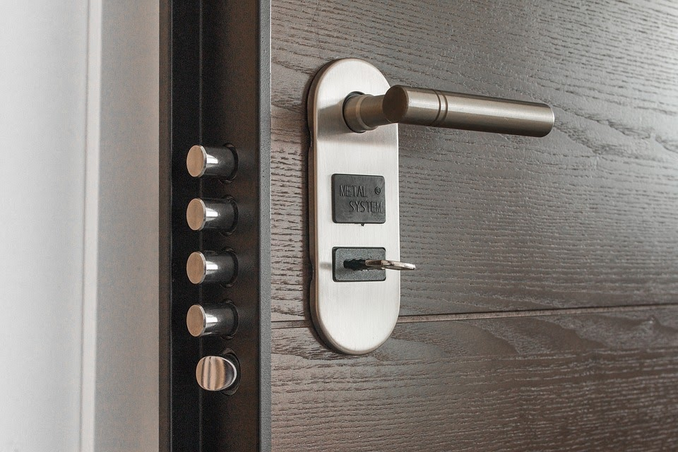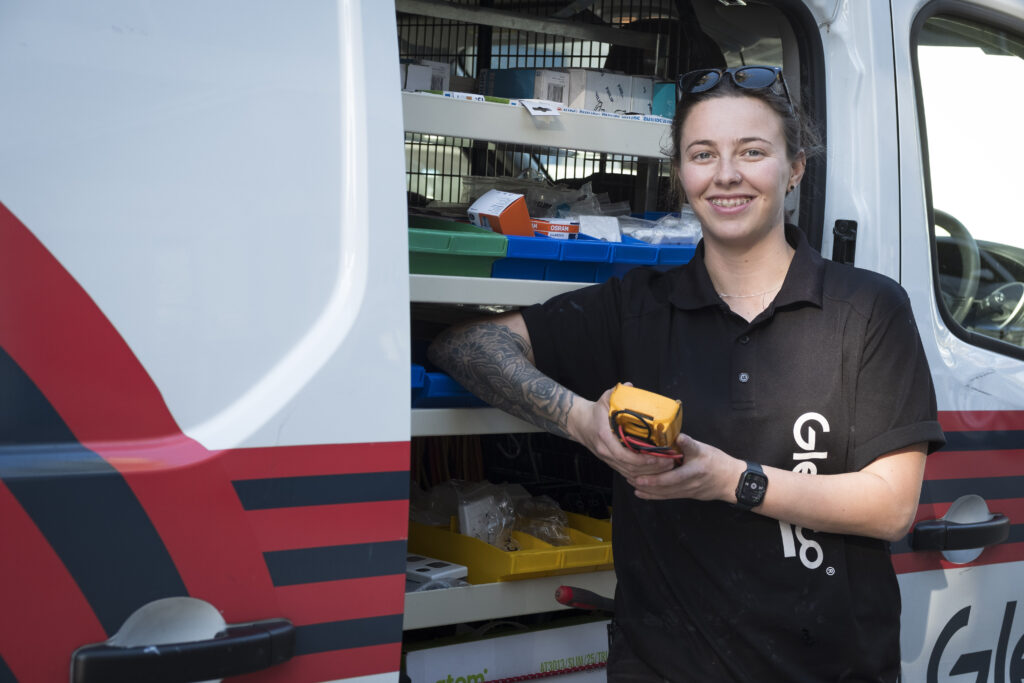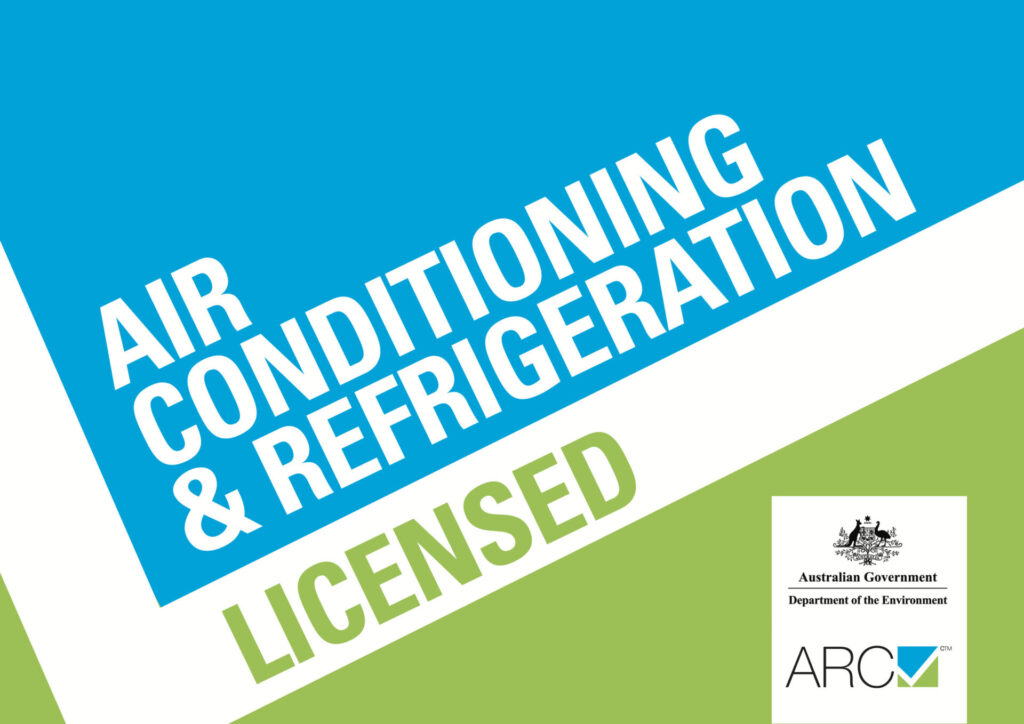You may have just purchased a home or are concerned about your security. Could someone else have a copy of your house key? It’s natural to worry about that. We all want security, right? Nobody wants a stranger to have the ability to simply turn the key and walk in while you are out of the house or worse… asleep!
For whatever reason, you might want to change access to your home; your options are re-keying or changing locks. Either you can rekey the lock so that only the new key works, or you can replace the lock completely.
But which option is right for you? When it comes to making a decision you should consider your budget and the direct impact your choice will have on the value of your home.
When To Re-Key Your Locks
Re-keying your locks is the easiest and cheapest option for ensuring you, and only you, have access to your home. Essentially, you are changing the lock system on the original lock so that any old keys will no longer work. The only way to unlock the door and access the property is with a new key.
This option might be suitable for home owners who want to maintain the aesthetic look of their current locks. Changing the locks won’t make much sense if you like the existing door handles and installations in your home. Often, the handle and knob are tied into the lock and the whole thing needs to be replaced.
A re-key will also ensure that uniformity is kept throughout your home and is a quick and easy option when it comes to increased security in your home. For instance, perhaps you want to change lock access on the front and side doors, but not on several other doors on the property that have matching lock systems, such as the pool house or garage. There is no need to replace the lock and knob or latch or handle hardware; with a quick re-key, you’re done.
When to Change Your Locks
Changing the locks involves removing the entire structure and replacing it with something else, which can be more expensive.
First, determine whether your home insurance covers one of these options. If you are covered for changing the locks, then affordability really doesn’t come into play. If, however, you aren’t covered, re-keying your locks might be a more cost effective option.
If your current locks are old, worn, or damaged, having a qualified fitter replace them is a great option. With the advancement of lock technology, the hardware attached to your lock and handle can become loose, tarnished, or just start looking shabby over time. There may also be a tendency for it to malfunction. The old lock may have shims that are coming loose and poking through the side of the door. You can solve age and wear problems by replacing the entire lock structure. New systems have been designed to meld into your door for a great look.
As well, new biometric lock technology has changed the game for many homeowners. These locks are simpler and more convenient than ever before.
Consider replacing a traditional lock with a combination lock, or even a fingerprint access panel lock that uses your own biology as a key. In this case, you’ll have to change over the old blocks with a completely new type of hardware. But what do you get for the money? There is no need to carry keys anymore, which is great if you have a tendency to carry in children or shopping from the car.
The new biometric and code access designs are created for those situations where you need to have “four hands”.
Summary
Knowing the difference between rekeying a lock and changing it entirely will help you make a more informed choice. Would you choose one over the other? How do you feel about upgrading to a modern biometric lock? Or do you want to keep your old classic lock? Examine your options, and make a decision that reflects your budget and what you want your home to look like.
When you’re ready, contact the team at Glenco who can help you with the next steps for re-keying or updating your locks.








